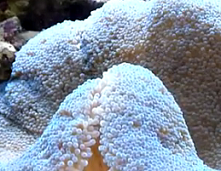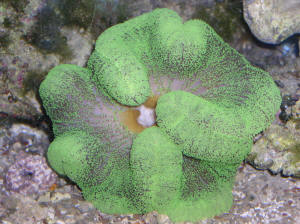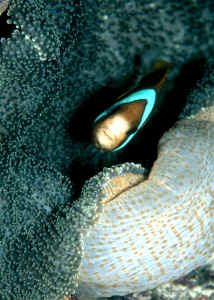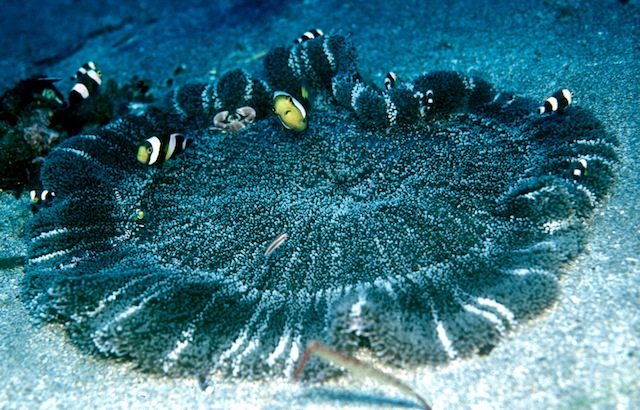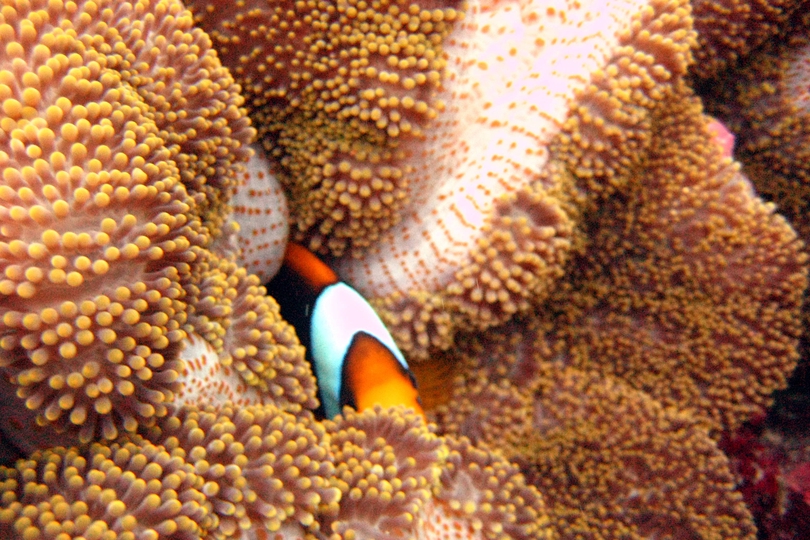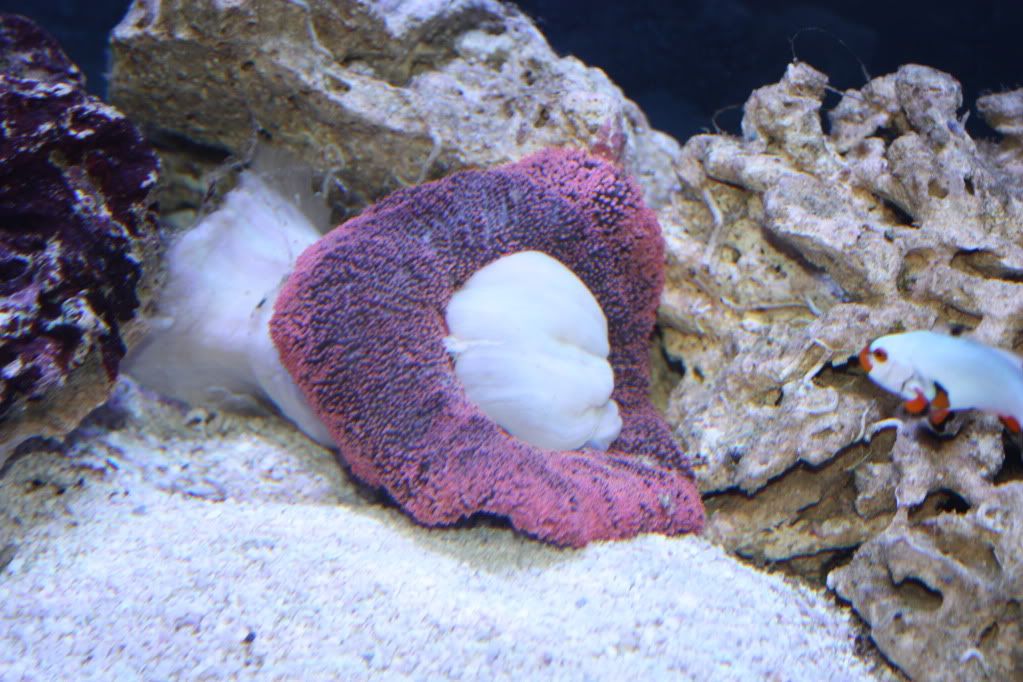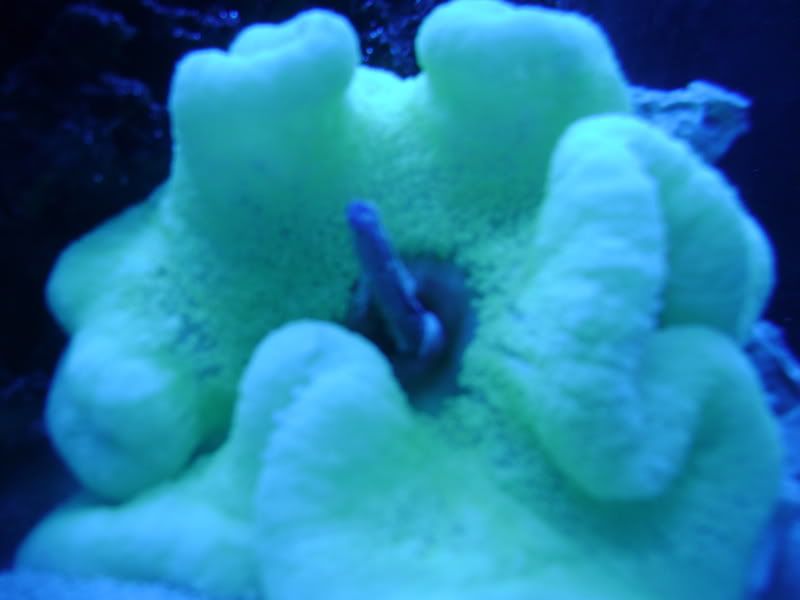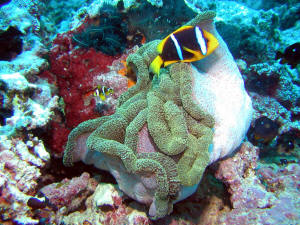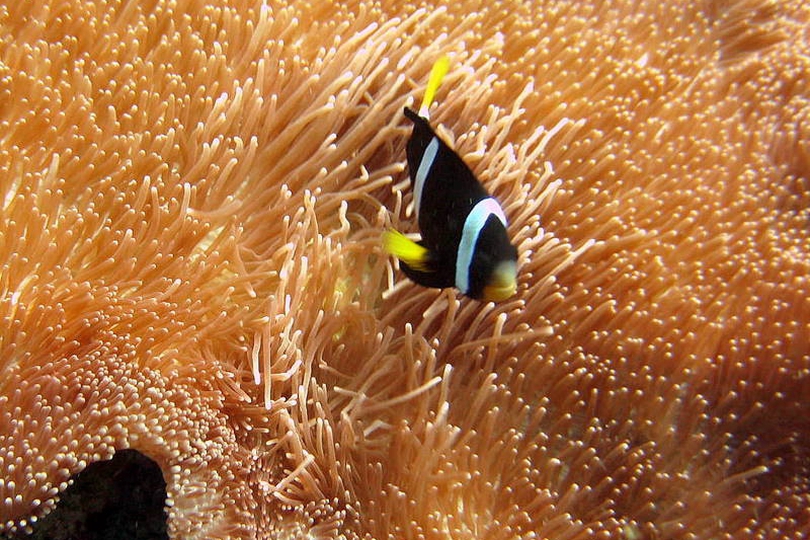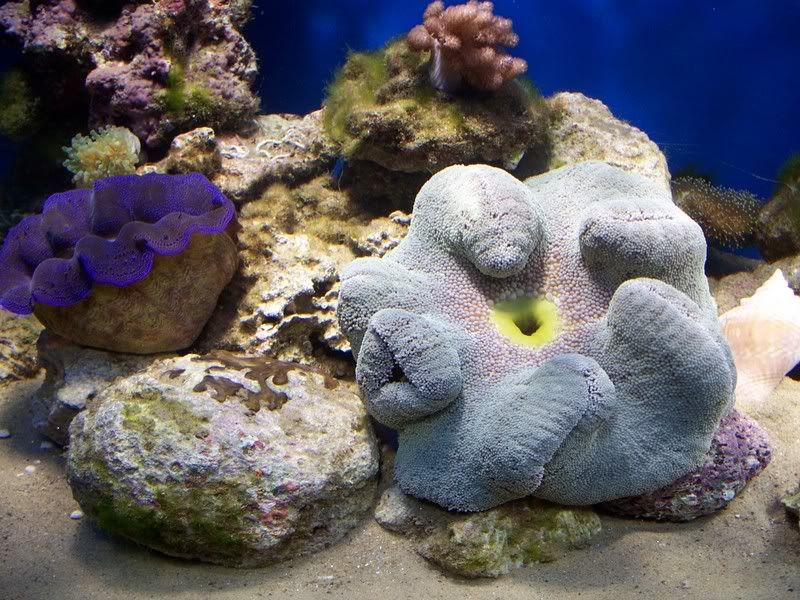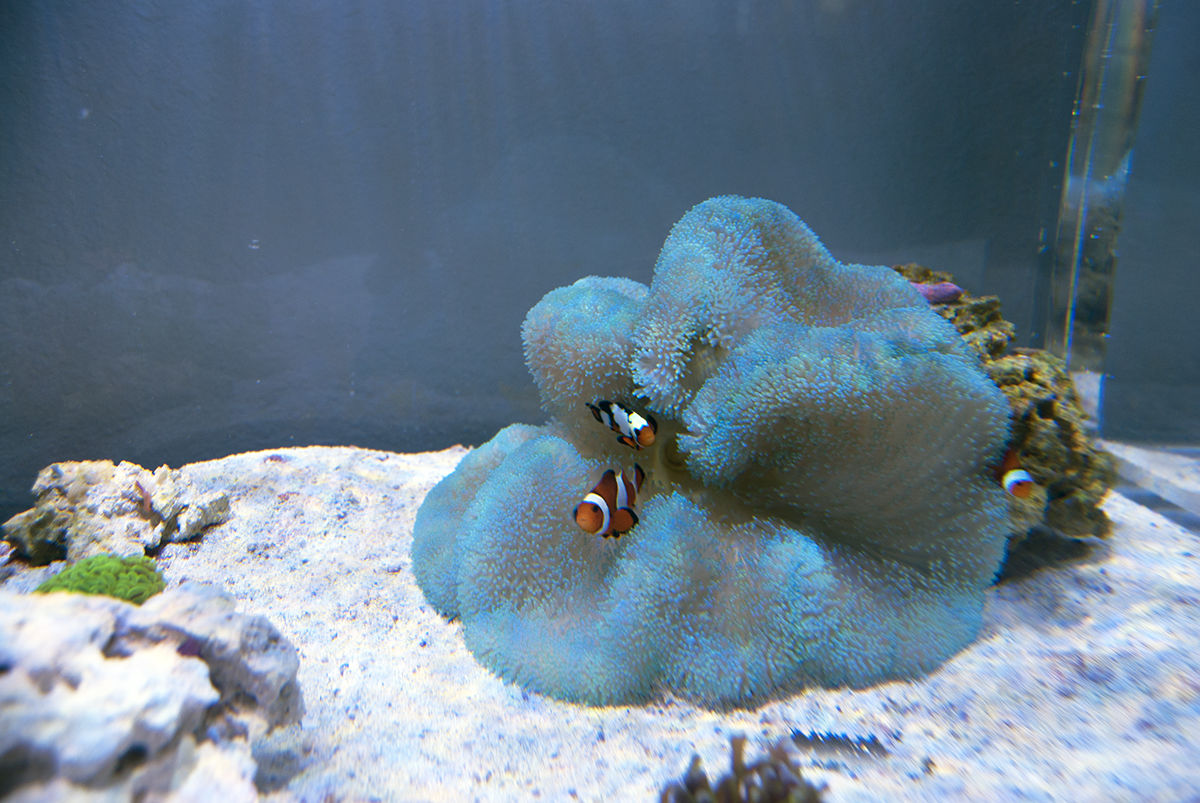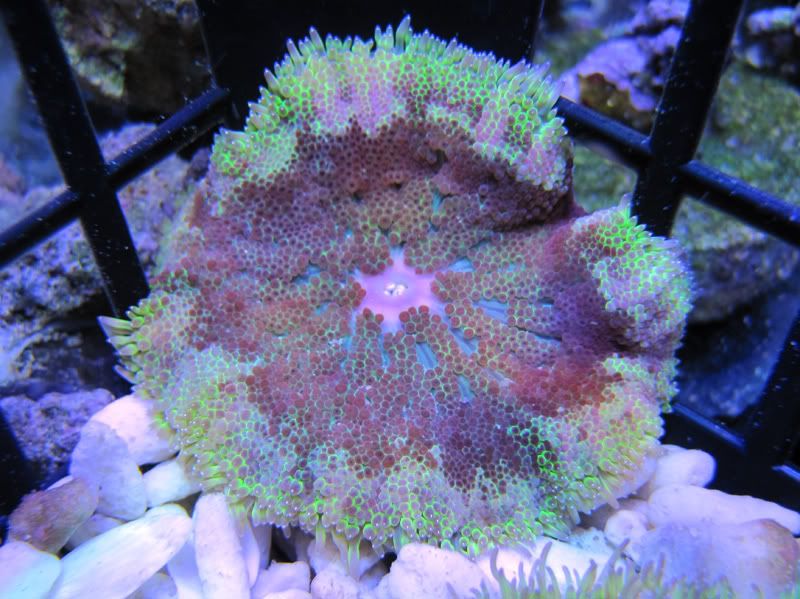Stichodactyla gigantea stichodactyla haddoni and stichodactyla mertensii are called carpet anemones because they have large flattened bodies and their upper surface is covered by numerous relatively short carpet like tentacles.
Carpet anemone identification.
Carpet anemones can learn to get along with a wide range of other cnidarian classes species though.
The giant carpet anemone stichodactyla gigantea was described by forsskål in 1775.
After all other stinging celled life has been placed carefully out of reach at full expansion and become well established.
Saddle carpet anemones have short blunt tentacles with a very potent sting and can be distinguished from their close relatives stichodactyla gigantea and stichodactyla mertensii by the lack of any coloration spots or markings on the underside of the anemone and down its column.
As a high order stinger.
This colorful anemone is also referred to as haddon s anemone or saddle carpet.
The anemone uh nem uh nee are stinging polyps that spend most of their time attached to rocks or on coral reefs waiting for fish to pass close enough to get caught in their venomous tentacles which fire a harpoon like filament into their victim with a paralyzing neurotoxin.
Certain species are very hardy and with careful selection all levels of marine aquarists can enjoy keeping sea anemones.
Saltwater aquarium anemones have become very popular inhabitants for both the reef tank and the saltwater aquarium.
When healthy this anemone is very sticky to the touch and when they grasp something or someone it is very difficult to convince it to let go without damaging the animal.
Unlike large fish species large invertebrate species do not require as large of an aquarium but it is recommended to provide a tank that is at 18 to 24 from front to back so that the green carpet anemone can fit comfortably.
They require a large aquarium since carpet anemones get large over time.
Simply magnificent they make a gorgeous centrepiece in a saltwater aquarium.
The carpet anemone stichodactyla haddoni is often called a saddle carpet anemone.
The stichodactyla genus is a member of the stichodactylidae family and this genus contains 6 species.
This species of carpet anemone can eat fish in the display aquarium so use caution when housing a carpet anemone in with fish other than clownfish.
Use caution when introducing anemones into a reef aquarium however as some species are quite mobile and may sting and damage live corals.
There are hundreds of sea anemone species throughout the world s oceans and they run the full spectrum of colors.
This is nota gigantea.
There are some easier saltwater aquarium anemone s that are perfect for the novice reef aquarium keeper.
Without a doubt they are one of the most colorful of the clown hosting anemones.
This anemone group of species and most all others are best placed last.
Most anemones are sessile with a specialized foot used to anchor them in soft substrates or attach themselves to rocks and corals.
